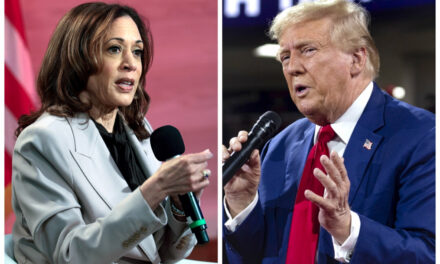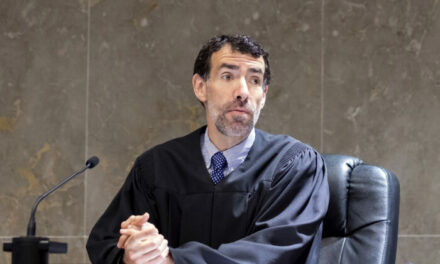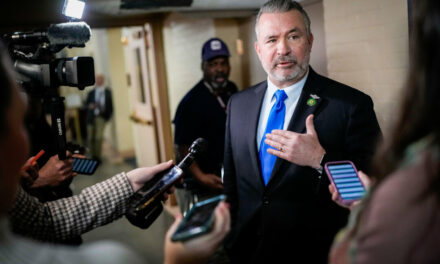We support our Publishers and Content Creators. You can view this story on their website by CLICKING HERE.
The Wisconsin Supreme Court ruled a month ago that candidates’ names may only be struck from the ballot if they die.
Robert F. Kennedy, Jr., filed an emergency application with the U.S. Supreme Court on Oct. 23, asking the justices to remove his name from the Wisconsin ballot for the Nov. 5 election.
Absentee voting is already underway in the important swing state. Wisconsin officials have already reportedly mailed out ballots and upwards of 97,000 people voted on the first day of in-person absentee balloting on Oct. 22.
In 2020, candidate Joe Biden, a Democrat, beat President Donald Trump in the state’s hotly contested popular vote by a margin of 49.5 percent to 48.8 percent, or 20,608 votes.
Kennedy, a Democrat-turned-independent, on Aug. 23 suspended his campaign and endorsed Trump, the Republican presidential candidate.
Kennedy has tried to remove his name from ballots in swing states since then. He previously said he was doing this to avoid siphoning votes away from Trump in swing states while leaving room for a longshot bid for the presidency in a possible so-called contingent election, which would put the presidency in the hands of the U.S. House of Representatives in the event of an electoral college deadlock.
Kennedy said in the application it is his “absolute right” to endorse Trump for president. Not appearing on the ballot “in the critical swing state of Wisconsin” helps to convey his constitutionally-protected message that “he wants everyone who will listen to him to vote for Trump.”
“That is core political speech and it’s protected under the First Amendment,” he said.
Kennedy has “diligently pursued” getting off the state ballot for the last two months, he said in the application.
The application was made after the Wisconsin Supreme Court on Sept. 27 rejected Kennedy’s appeal of a lower state court ruling holding that candidates may only be taken off the ballot if they die.
On Sept. 10, the New York Court of Appeals affirmed the ruling, and the next day, the elections board certified the general election ballot without Kennedy’s name on it. On Sept. 18, the U.S. Court of Appeals for the Second Circuit denied the campaign’s motion to reverse the ruling in a one-sentence order.

 Conservative
Conservative  Search
Search Trending
Trending Current News
Current News 







